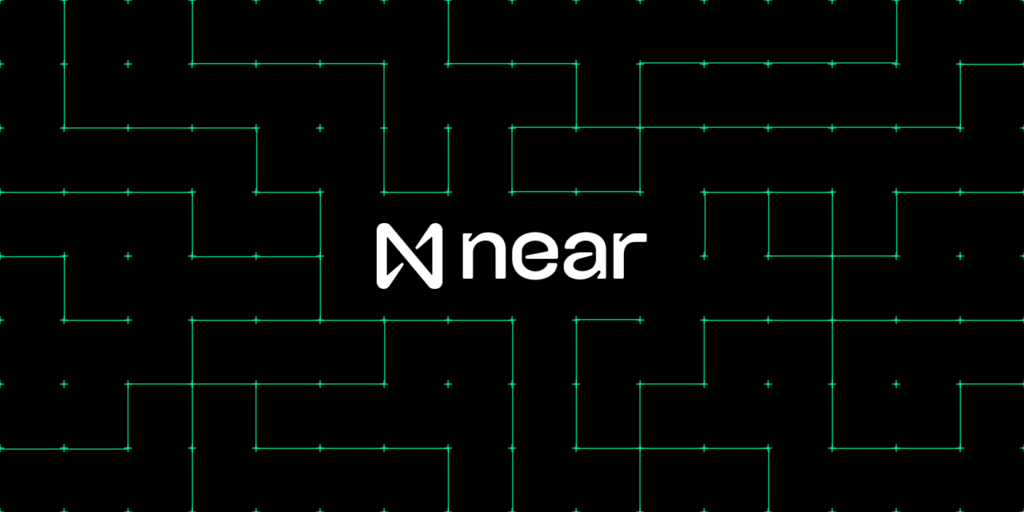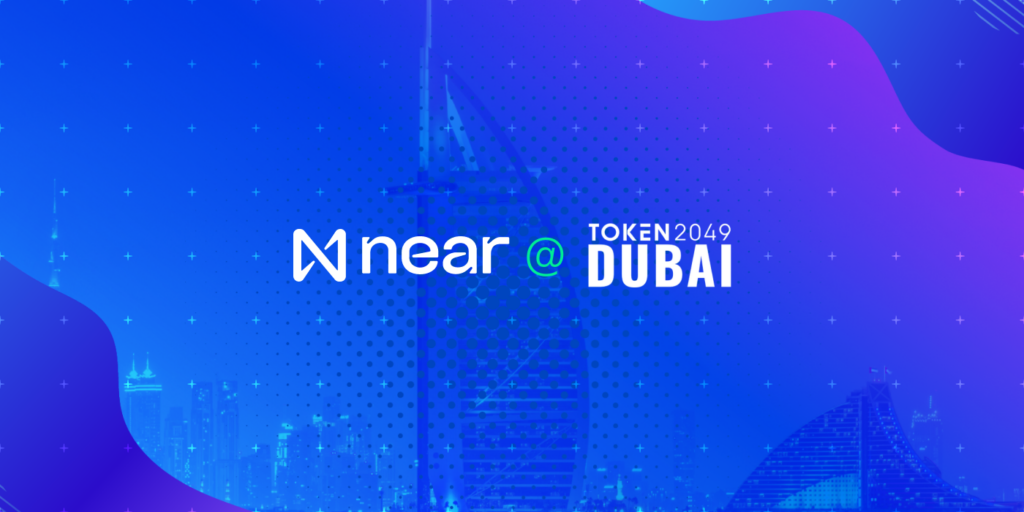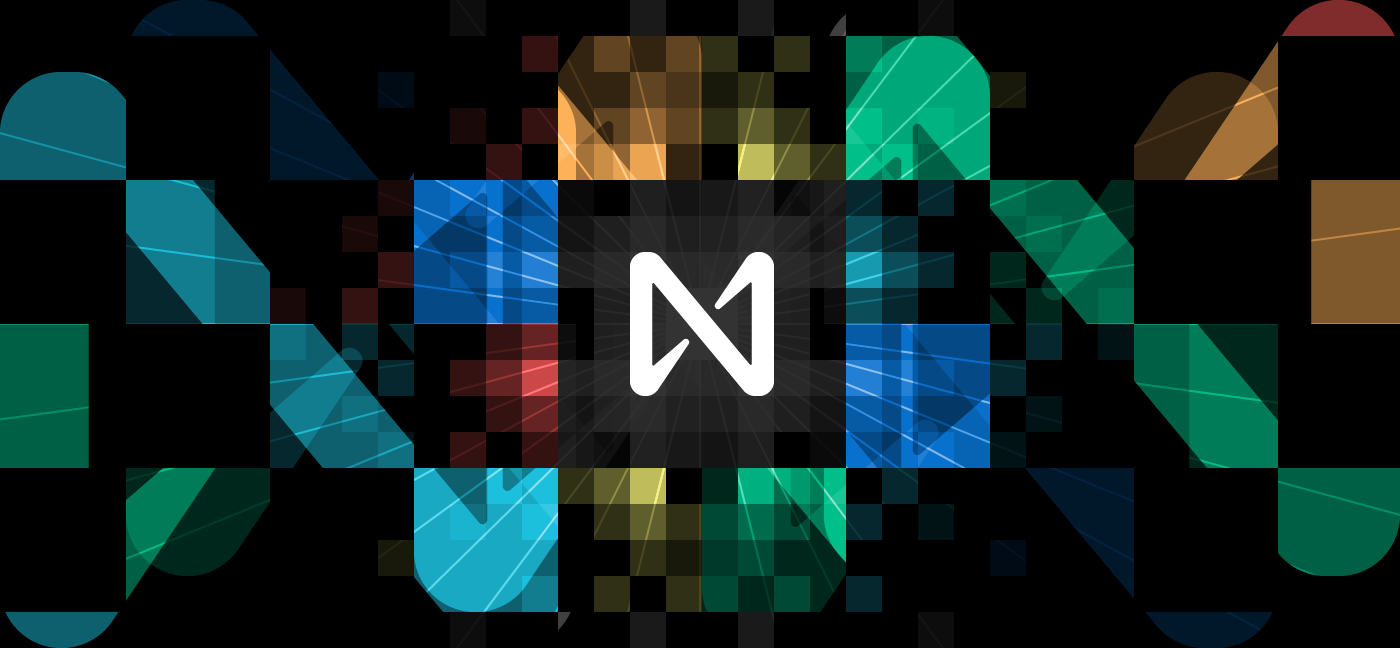NEAR MainNet is now Community-Operated
As of today, the NEAR Foundation has spun down its nodes, making the NEAR Protocol MainNet fully community run. This is the most significant (though not the last!) milestone in NEAR’s multi-year journey from excited scribbles on a whiteboard to a fully decentralized and community operated network.
For context, the NEAR Protocol MainNet genesis occurred on April 22, 2020 and the network has been operated in “Proof Of Authority” mode by the NEAR Foundation, which ran its only nodes during the early stages. This can be considered the “training wheels” phase of the network because the Foundation had sufficient control to unilaterally address any challenges which might have arisen.
Over the past several months, in conjunction with the Stake Wars incentivized TestNet program, the NEAR team has onboarded and promoted additional participants to operate the validator nodes which run the network and given them the delegation they need to operate those nodes. At this point, dozens of independent node operators currently run the NEAR network.
NEAR has always been meant to be community operated, meaning that its node hardware is run by independent participants and no entity controls sufficient stake to unilaterally override decisions made on the network. That’s why, as planned, the NEAR foundation today realized the Phase I milestone of its Road to MainNet by shutting down its nodes and placing the network in the hands of the other operators. While the foundation still has the ability to delegate to support a diversity of these nodes, it no longer has control over the network. NEAR is now community operated.
Why this is Important
NEAR fills a major hole in the current blockchain ecosystem and many people have been impatient for the network to reach its final stage of MainNet launch.
The obvious problem today is the crippling fees on Ethereum which have sent a wave of refugees out into the world looking for a network that will not rewrite the economics of their businesses because of an unrelated bubble. Yes, NEAR has 10,000x lower fees than Ethereum and will scale dynamically. Yes, NEAR is the most developer-friendly way to achieve this scalability. But “faster and cheaper” is insufficient to be successful in supporting the next generation of applications.
The reason why projects like Mintbase have chosen to build on NEAR is because NEAR is the fastest way for builders to get to market and do things that they didn’t expect were possible from a blockchain. NEAR interoperates with Ethereum with the ease of a layer 2 via the trustless Rainbow Bridge while providing a flexible account model that can hide the blockchain from users until they’re ready by using Progressive Onboarding. It gives them a full stack suite of tooling and a way to keep 30% of transaction fees generated by their contracts. It easily allows sending tokens to unregistered users with “NEAR drops” and its human-readable accounts have easy multisig so DAOs are almost native.
These features don’t just solve the problems of today (cost & scaling) but allow builders to create sustainable apps and experiences that no other chain can support… experiences that real users can use.
What Comes Next
The transition to Phase I means that the network is now community operated but it is still technically restricted from allowing token transfers between participants and there are no block rewards being offered. The first task of this new set of community operators will be to exercise their governance power to vote to enable each of these things, which will transition the network into its final stage, “MainNet Phase II: Community-Governed.”
The technical details of this process are described in more detail in the Transitioning NEAR MainNet post, but basically there is a stake-weighted vote where validators indicate their choice by flagging their decision. Over time, as more delegation joins each voting validator, the “yes, proceed to Phase II” votes should increase until they reach the necessary threshold (2/3rds of total stake) to pass.
We have no idea when this vote will pass because it is entirely up to the community now. Members of the NEAR Validator Advisory Board have been vocal in discussing the details of this transition. Generally, important criteria will include ensuring that enough tokens have been distributed and are participating in the delegation process and maintaining the network’s stability. This could be days, weeks or months… and it’s partially up to you.
What we Need from You
If you are a NEAR token holder, now is the time to start participating!
This means you should start by going through the claims process (the details of which will depend on your exact method of acquiring tokens) to accept and custody your tokens.
Next, if you are comfortable doing so, you can participate in both the network security and voting by delegating your stake to a validator. This is still a relatively technical process (see the docs) but several community members are working on human-usable interfaces to help do this in a more user-friendly way.
There are several upsides to delegating:
- You get to participate in the vote to transition into Phase II, which will enable transfers and block rewards when it succeeds.
- Once block rewards are enabled in Phase II, you can expect to receive a portion of them (which depends on the details of the validator you delegated to).
As with anything in the blockchain space, there are risks to consider so you should do so only if you are comfortable. But, as with anything in the blockchain space, your participation actually matters. A first step is to join us at our first community Town Hall on Monday September 28.
Outro
For the first time, we can say that NEAR is officially and undeniably community operated.
This almost feels like sending a favored son or daughter off to school for the first time — it can be a bit uncomfortable to place your trust in the hands of others. But everyone in the NEAR community has worked incredibly hard to get this far and we couldn’t be prouder of the group who are now carrying this network into the next phase.
Share this:
Join the community:
Follow NEAR:
More posts from our blog

NEAR Launches Infrastructure Committee with $4 Million in Funding


